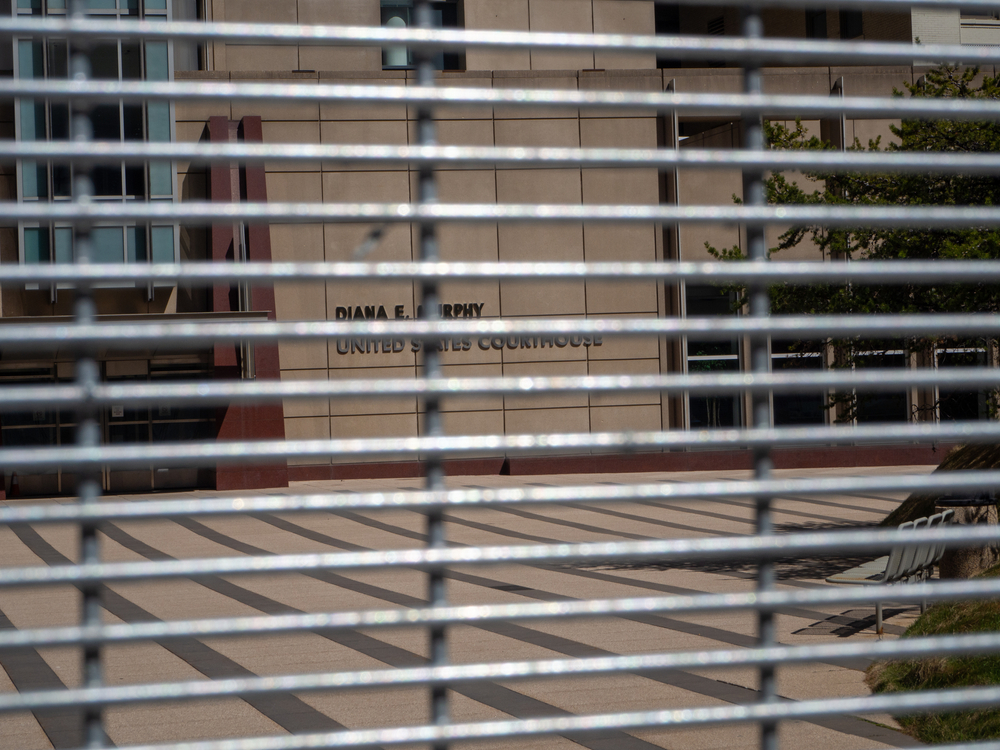Derek Chauvin on 20 April 2021 was convicted on all counts of the non-deliberate murder of George Floyd in Minneapolis in 2020. This videoed killing of a black man by a white policeman reignited a global campaign against racism. The conviction was no surprise. It was however a surprise that an elected Democrat member of the Senate, as the trial neared its end, publicly advocated activist protests to be taken to the streets if Derek Chauvin was acquitted. This politician was suitably admonished by the judiciary, chastising politicians who chose to comment on live criminal cases which are a matter for the actual judge and jury. Whether such behaviour gave grounds for arguing a mistrial remains to be seen. It was similarly surprising the U.S. President, Joe Biden, chose to say publicly on television that the evidence for conviction for murder was “overwhelming”, albeit this was while the jury was sequestered considering its verdict and at least in theory had no access to the media. This was Trump-like behaviour and unbecoming of the President, let alone plain wrong.
The trial of Derek Chauvin was televised live and broadcast worldwide. UK TV channels such as the BBC and SKY subjected viewers to large chunks of live lawyers’ presentations, repeating time and again footage of the containment of George Floyd, with the policeman’s knee on his neck for long periods. The question was whether Derek Chauvin was acting as a reasonable policeman in the line of duty. To watch the arguments by prosecution and defence was like observing paint drying. But the bigger issue is whether it is appropriate at all to broadcast live any criminal trial. The combination of the public analysis by commentators and the activism of the Black Lives Matter movement, which followed the death of George Floyd, with the live televising of the trial must call into question whether a fair trial was ever possible. It is obvious that any verdict that did not include the word murder, would have sparked violent protest across America and the world as a whole.
Did Joe Biden feel able to make his comments because he had seen the evidence himself on the TV live? He simply cannot have watched the whole trial, as it must be assumed he has had plenty else on his plate. Anyone who did not witness the whole trial is hardly entitled to a view of guilt, working off partial evidence. Televising criminal proceedings is perhaps a bad idea for justice. Whatever the case in that regard, politicians should surely stay away from issues not in their domain, but which are solely for judges and juries.

